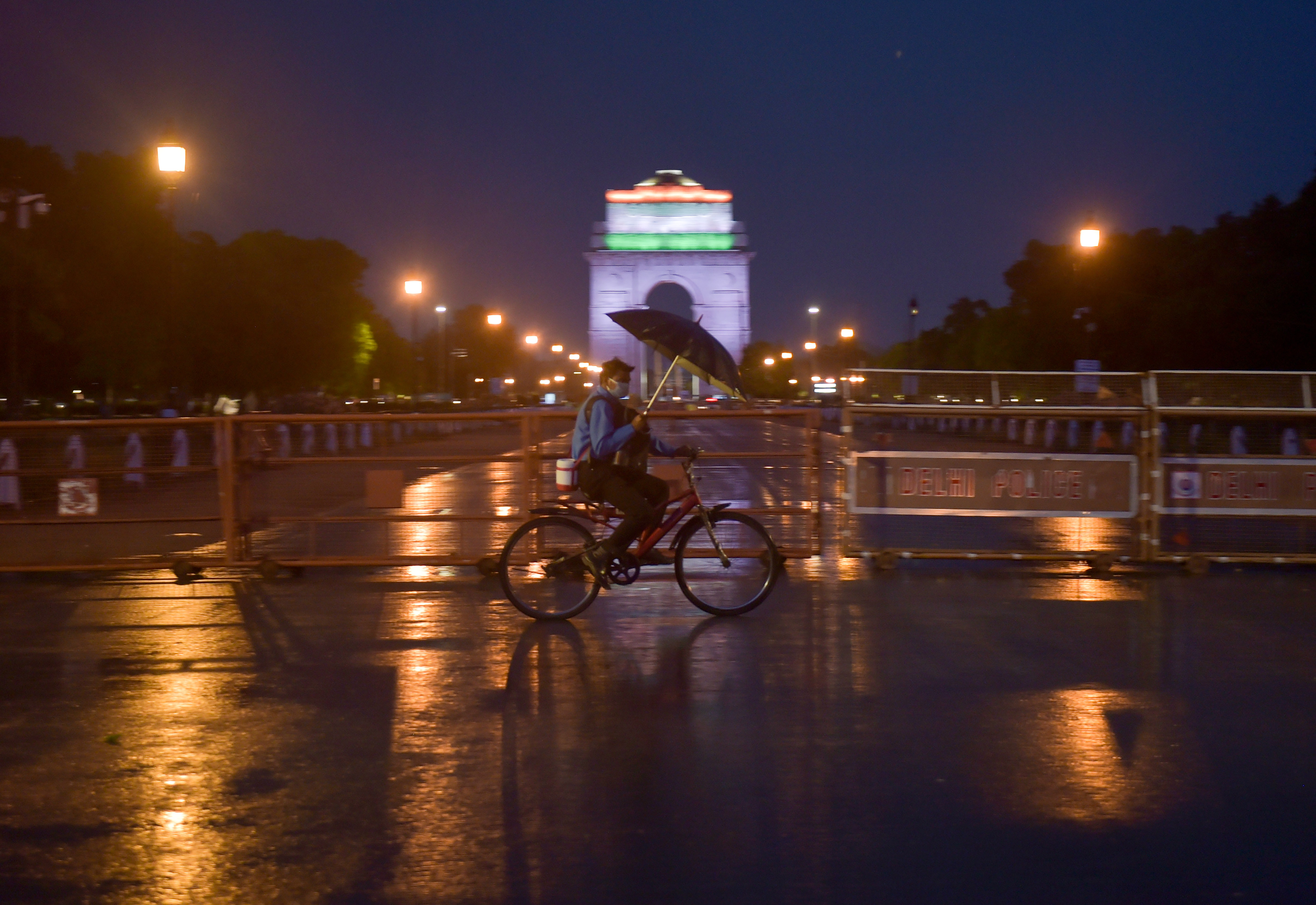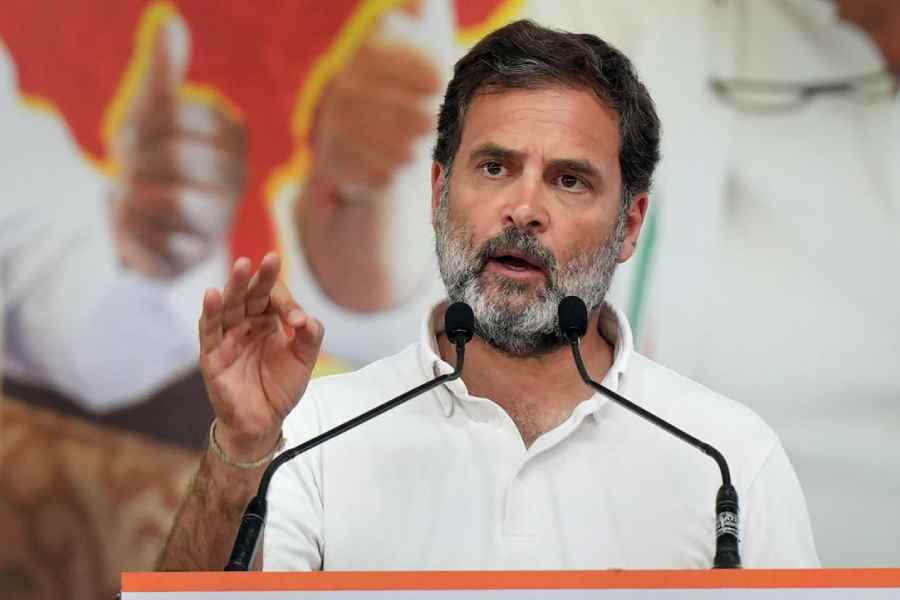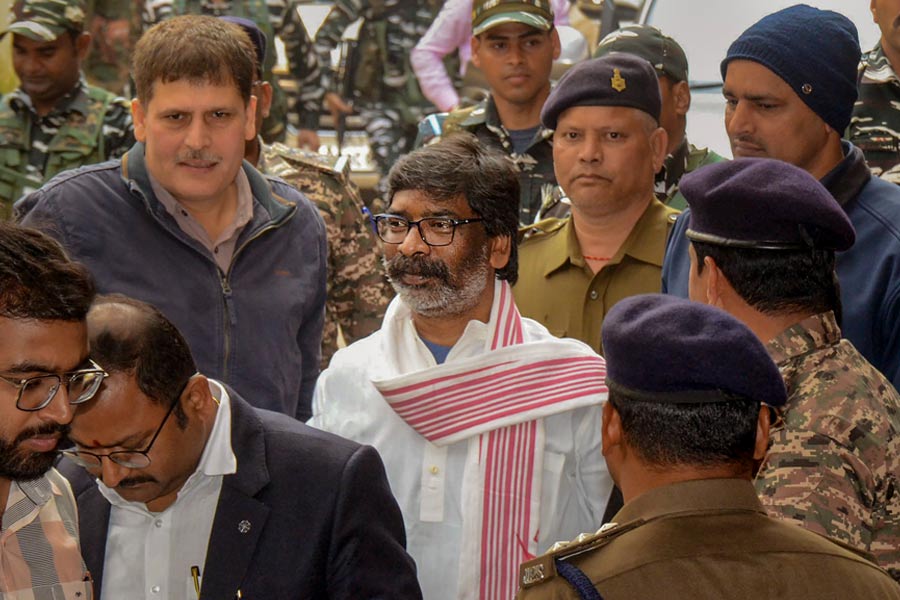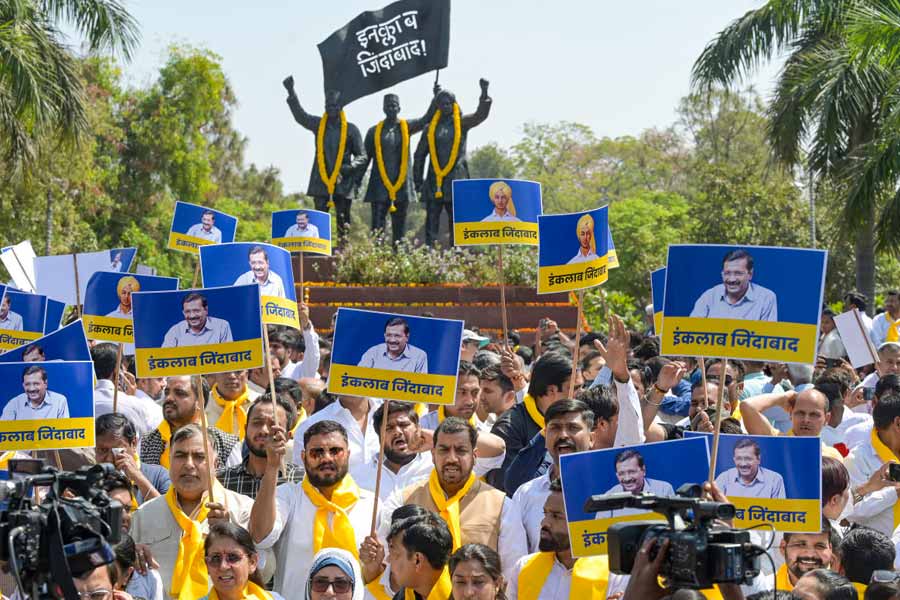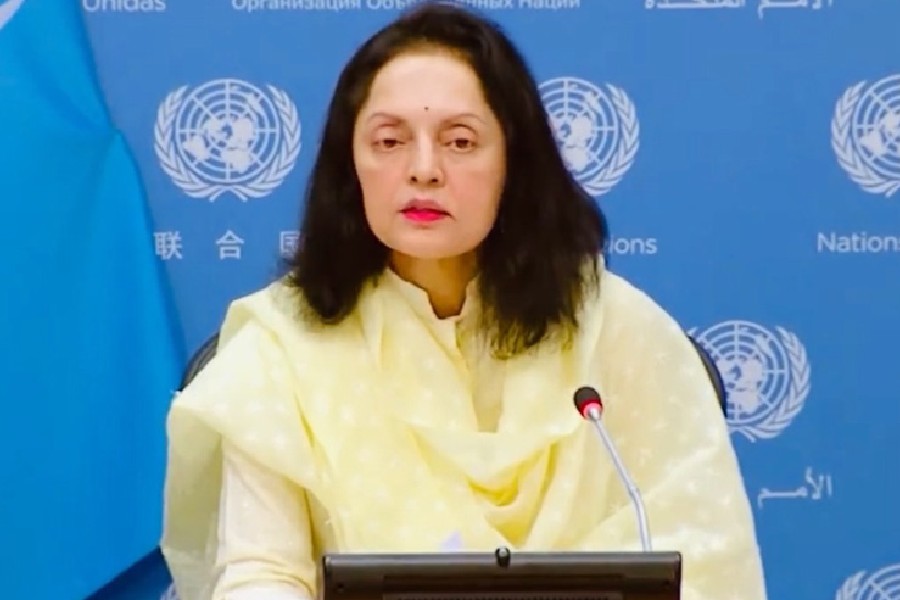India’s doubling rate for Covid-19 infections has been 6.2 days over the past week from around 3 days in the period before the lockdown, the Union health ministry said on Friday, but health experts cautioned that this was no cause for complacency.
The ministry said 19 states and Union Territories — Andhra Pradesh, Assam, Bihar, Chandigarh, Delhi, Haryana, Himachal Pradesh, Karnataka, Kerala, Jammu and Kashmir, Ladakh, Odisha, Puducherry, Punjab, Tamil Nadu, Telangana, Tripura, Uttarakhand and Uttar Pradesh — had even higher doubling rates, better than the national average.
The doubling period reflects the speed at which an infection spreads across an area. A senior health official said the country had to “maintain vigil” to alter the doubling rate even more.
The ministry also said the “average growth factor” had declined by around 40 per cent to 1.2 since April 1 compared to 2.1 during the two preceding weeks from March 15 to March 31, defining the growth factor as the proportion of cases between consecutive days.
However, epidemiologists said the change in the doubling rate was not surprising and would be expected to occur under the current nationwide lockdown.
“This should not create any complacency. We have to prepare ourselves for the long haul,” said Jayaprakash Muliyil, a senior community medicine specialist, formerly with the Christian Medical College, Vellore.
“The lockdown might have slowed the spread but this virus will continue to spread as long as it finds susceptible people in the community.”
Public health experts believe it would be misleading to portray the gains from the lockdown as achievements. The lockdown has to be seen only as a temporary measure that has given time to the country to prepare itself for the peak of the epidemic, one expert said.
Attempts to highlight the gains from the lockdown should not be misinterpreted by the public, the expert said. “The country can’t afford a lockdown for months and months until a vaccine is available.”
Although several dozen research groups worldwide, including several in India, are currently working on vaccines, virologists tracking these efforts do not expect a vaccine for 12 to 18 months.
“The lockdown comes at a huge economic cost and even health costs,” Muliyil added. “The slowdown in the virus transmission is expected. But how long can we afford such a lockdown? When the lockdown is lifted, the transmission speed will increase. That needs to be understood.”
The People’s Health Movement, a nationwide network of physicians and health activists, had earlier this week expressed concern that the lockdown had already affected routine healthcare services and adversely impacted patients with cancer, kidney damage and cardiovascular diseases.
“We’ve had anecdotal accounts of adverse effects on maternal healthcare and of gaps in measles immunisation services,” said T. Sundararaman, a coordinator with the People’s Health Movement that has called on the government to initiate an emergency review on non-Covid-19 health services.
The health ministry had last week too highlighted the gains from the lockdown saying it had prevented tens of thousands of Covid-19 cases.
Count update
The country’s Covid-19 count increased by 1,076 new patients on Friday, raising the number of confirmed cases to 13,835, among whom 1,767 have been discharged and 452 have died.
The health ministry also released an updated inventory of beds and critical-care facilities in dedicated Covid-19 hospitals and care centres across India. The country now has 672 dedicated Covid-19 hospitals with 107,830 beds and 14,742 intensive-care beds, and 1,247 dedicated Covid-19 health centres with 65,916 beds and 7,064 intensive-care beds.
Patients with moderate illness would be managed in the health centres while severe patients would be housed in the hospitals.
The ministry also said the country now had the capacity to produce 6,000 ventilators each month.

